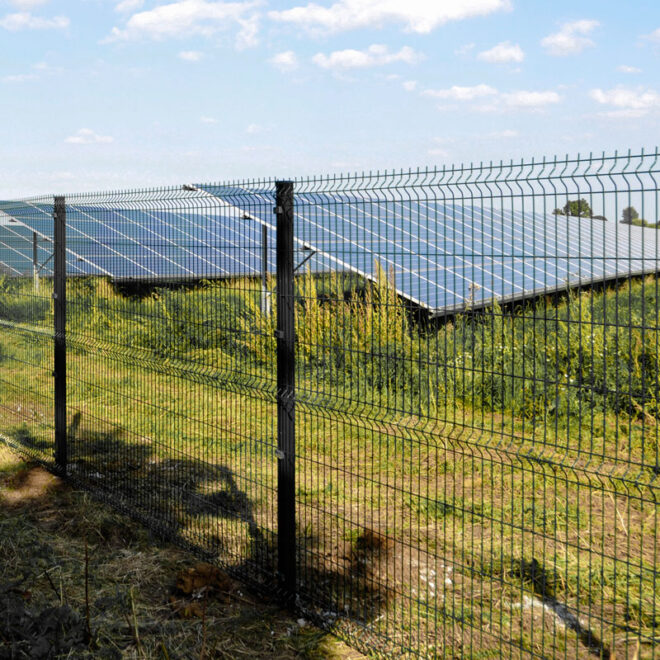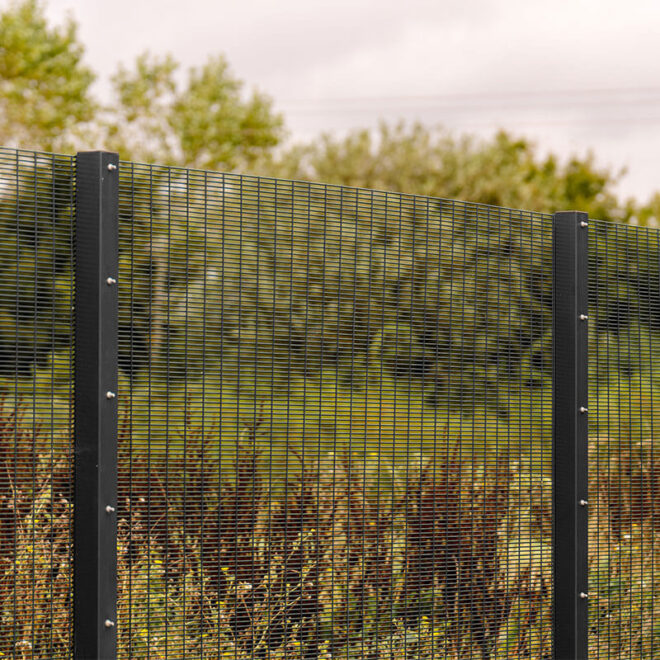Published:
The government’s recently published Solar Roadmap might sound like just another policy paper. But in reality, it’s an ambitious, sweeping plan that will transform how we power the UK, roof by roof, panel by panel.
If successful, it will reshape not only our energy system, but also our electricity bills, our jobs market, and our role in tackling the climate crisis.
So what’s actually in the roadmap, and why does it matter right now?
Rooftop Solar to Power the UK
Basically, the UK Solar Roadmap is a plan to triple solar capacity by 2030, reaching 45–47 GW – enough to power millions of homes and businesses with clean, “homegrown” energy.
Developed by industry leaders and backed by the government’s Clean Power Action Plan, the roadmap sets out a comprehensive, practical and actionable path to achieving this goal.
It’s a detailed strategy (72 pages, to be exact), but here’s a quick summary of the key aims:
- Make solar standard on all new-build homes via the Future Homes Standard (to be published this autumn).
- Accelerate rooftop installations on schools, hospitals, warehouses, and car parks.
- Unlock plug-in balcony solar panels for renters and apartment inhabitants.
- Support tens of thousands of clean energy jobs.
- Reform planning and grid connections to fast-track deployment.
- Ensure solar supply chains are ethical, resilient, and free from forced labour.
It’s ambitious – but well timed. According to Secretary of State for Energy Security and Net Zero, Ed Miliband, the UK’s reliance on imported fossil fuels has left families and businesses vulnerable to volatile global markets controlled by “petrostates and dictators.”
“Every solar panel we install helps us take back control of our energy supply,” says Miliband. And since the UK has a legally binding target to reach Net Zero by 2050, it’s time to do exactly that.
What’s in It for You?
If you’re a homeowner, the answer is simple: lower energy bills. Government estimates suggest rooftop solar could save the average household around £500 per year. But in real-world examples, the savings can be even bigger.
One homeowner in Norfolk reported cutting their annual electricity bill from £1,200 to £150. Another in Leeds found themselves generating more energy than they used, even powering their electric car for free.
These are not one-off anecdotes. Solar installations have already reached 1.5 million homes in the UK, and demand is growing fast. In January 2025 alone, over 15,000 homes added solar panels, a 16.5% increase on the previous year.
Beyond energy savings, a solar panel system adds value to your home, improves its EPC (Energy Performance Certificate) rating, and could help secure long-term financial stability – particularly important in the current cost-of-living crisis.
Powering Schools, Hospitals, and Car Parks
Solar isn’t just coming to homes. Thanks to Great British Energy’s £200 million investment, hundreds of schools and hospitals across England will soon have solar panels.
The plan is for around £80 million in funding to support around 200 schools in England, alongside £100 million for nearly 200 NHS sites, covering a third of NHS trusts. The solar panel installations will power classrooms and operations, with the potential to sell leftover energy back to the grid. The first solar power panels are expected to be in schools and hospitals by the end of summer 2025.
Meanwhile, the government has launched a call for evidence to explore solar canopies on large car parks, so that underused space can be transformed into clean, useful power stations.
Solar for Renters and Flats Too?
Yes – and this is a big deal.
The roadmap outlines plans to unlock plug-in solar panels in the UK. These are compact, portable systems that can sit on a balcony and plug straight into a wall socket. Already popular in Germany, with 435,000 installations in 2024 alone, these panels could open solar access to millions of renters and apartment inhabitants who are currently left out of the clean energy transition.
Currently, UK regulations do not allow plug-in solar to be used in the UK, but the government is planning to conduct a safety study this year with the aim of unlocking opportunities for plug-in solar over the next few years.
A Whole-System Overhaul
The solar roadmap is not just about promotion; it’s about removing bottlenecks. That includes:
- Fixing grid connection delays with radical reform.
- Investing £46 million in local planning capacity.
- Piloting careers fairs and mapping solar training routes.
- Supporting innovative technologies like floating solar farms.
- Cracking down on modern slavery in solar supply chains.
- Launching a Solar Council to monitor progress and drive delivery.
It’s a “whole-system” strategy that blends regulation, finance, technology, and workforce development – all aimed at unlocking solar at scale.
An Economy Generating Opportunity
There’s a huge economic upside, too. The solar sector already supports around 17,000 jobs. With this roadmap, that could double to 35,000 by 2030, across everything from engineering and installation to manufacturing and innovation.
Solar “presents a significant economy and industrial opportunity,” says Ed Miliband. “We need to go further to deliver our goals for clean power by 2030 and beyond.”
This roadmap positions solar not just as an environmental tool, but as a national growth engine – providing energy independence, long-term savings, and skilled employment across the country.
A Shared Mission for a Solar Future
While energy policy is partially devolved (meaning that some of the responsibilities have been transferred from the central authority to regional or local governments), the government has committed to working closely with Scotland, Wales and Northern Ireland to ensure a cohesive approach to its energy efficiency measures. Solar will need to be delivered by and with local communities – including protocols for community benefit funds, shared ownership, and local engagement.
Solar Energy UK and other industry bodies are also publishing toolkits and guidance to ensure smooth rollout, meaningful consultation, and shared gains. A good example of this is the Community Engagement Good Practice Guidance document, but there will be more.
Solar is No Longer Optional – But it Must Be Protected
The UK’s Solar Roadmap offers a clear path toward cleaner, cheaper, and more resilient energy, and is a rare example of joined-up thinking that could deliver tangible benefits at national, local, and household levels. We’re excited, to say the least. But as more choose to install solar panels and installations grow, particularly on remote or public sites, so does the need to protect them.
From domestic rooftop panels to large-scale solar farms and car park canopies, these assets represent valuable infrastructure that’s increasingly being targeted by opportunistic thieves.
As we scale up, solar security can’t be an afterthought – it must be built into the plan.
At Alexandra Security, we specialise in securing solar installations of all sizes, offering solutions such as:
- Solar farm perimeter fencing
- Anti-climb mesh systems
- Gates and access control
- Temporary fencing for solar construction sites
If you’re planning a new solar installation, at home, in a business, or as part of a larger infrastructure project, now is the time to think about protection.
Read More: How Common is Solar Panel Theft?











